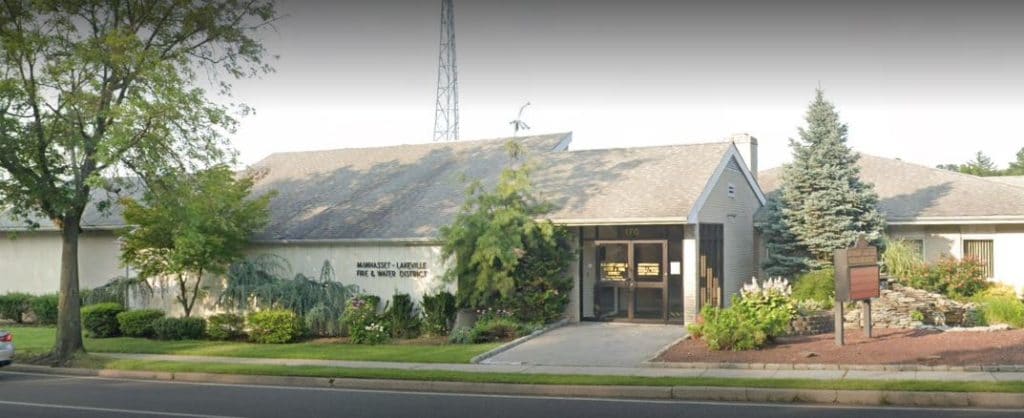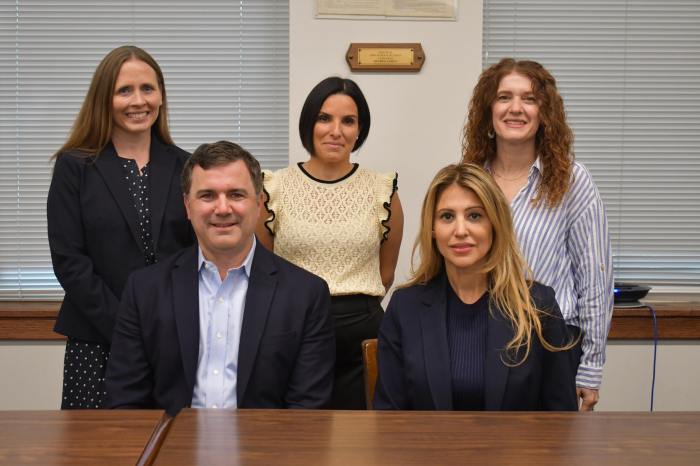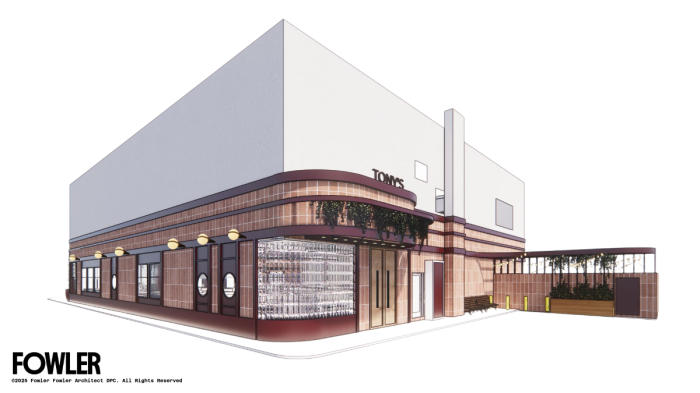
In a virtual board meeting on June 30, the Manhasset-Lakeville Water District discussed five capital improvement projects, which will total nearly $43 million. These projects will “enable the Water District to meet existing and anticipated water supply demands as well as proposed water quality standards for emerging contaminants 1,4-Dioxane, PFOA and PFOS,” stated documents provided by the district.
The district, which includes the villages of Thomaston, Munsey Park, Lake Success, North Hills, Russell Gardens, Plandome Heights, the unincorporated areas of Great Neck, University Gardens, Manhasset, as well as parts of Flower Hill, Plandome Manor, Great Neck Plaza, Manhasset Hills and North New Hyde Park, currently has contaminants in 10 of their 14 wells. According to the District, these capital improvement projects are necessary to treat the contamination, ensure adequate system capacity for peak water demands and fire flow and to comply with the proposed New York State Department of Health 1,4-Dioxane, PFOA, and PFOS Maximum Contaminant Levels (MCLs). The state has not yet issued an MCL for these contaminants, but is expected to release that information sometime this year.
1-4,Dioxane is a synthetic chemical used as a stabilizer for chlorinated solvents and is listed as a likely carcinogen. PFOA and PFOS are chemicals which are resistant to water, grease or stains. These chemicals have been around for decades and are typically used to make carpets, clothing and fabrics for furniture. Both of these chemicals can lead to adverse health effects in humans.
The five capital improvement projects which total in cost of $42.9 million, include an Advanced Oxidation Processes (AOP)/Nitrate treatment and well improvements at the Shelter Rock Road Plant, an AOP treatment and well improvements at the Searingtown Road Plant; wellhead treatment for PFOA and PFOS at the IU Willets Plant; a new ground storage tank at Parkway Plant; and a new water supply well and wellhead treatment site.
The Water District was awarded $13.9 million in grants under the New York State Water Infrastructure Improvement Act for the AOP systems at the Searingtown Road and Shelter Rock Road plants. However, to make up the remaining costs for the project, the district plans to obtain a bond from the Town of North Hempstead to finance the remaining costs not provided by the New York State Water Infrastructure Improvement Act.
“We have asked the Town to approve the project and to authorize the entire cost, $42,927,000, in town bond financing,” Chris Prior, the water district’s attorney, said. “In addition, the Manhasset-Lakeville Water District like other public water suppliers in this area has initiated a Federal lawsuit in the Eastern District of New York against certain parties who are potentially responsible for the presence in the district water supply sources of some of these emerging contaminants. Any recovery by the district in that litigation would be available to pay down the borrowing sought from the town.”
According to Prior, the district also calculated the impact that may be upon tax payers if the Town approves the bond.
“We expect that if the entire amount is borrowed at a 2 percent interest rate, assuming a half-percent increase in assessed value, the annual district property tax increase on an average home with a $760,000 fair market value, would be $164.13.”
Jay Hernandez, a resident of Manhasset questioned why the board would be looking to put in a new water supply well and wellhead treatment site within the district. Hernandez asked the water district board members to provide him with documents stating how much water is being used now and what the district is planned usage will be after these projects are completed.
“As a resident of the community who does not want to see continued expansion of the community, and making Manhasset another New York City with over-building. Our concern is the only reason you need more water is either the water you have is contaminated, which is okay to replace it,” Hernandez said. But if you want to add 20 percent more capacity because you are expecting 10 or 20 percent more growth, that I have a problem with. I think a lot of residents will also have a problem with it.”
Paul Schrader the Superintendent for the Manhasset-Lakeville Water District stated that the main driver of water production in the area is from sprinkler irrigation, not commercial water use.
“You can compare 2018-19, which were very wet years and you’ll see 2.2 billion gallons and if you wait until the end of this year you’ll see 2.5 billion gallons. That 300 million is all irrigation. I understand what you’re saying, we are not building new supply to expand. We are building new supply to be reduant and protect our existing capacity.”
For more information about the Manhasset-Lakeville Water District, visit www.mlwd.net. The Town of North Hempstead’s next board meeting will take place on July 23 at 7 p.m.


































